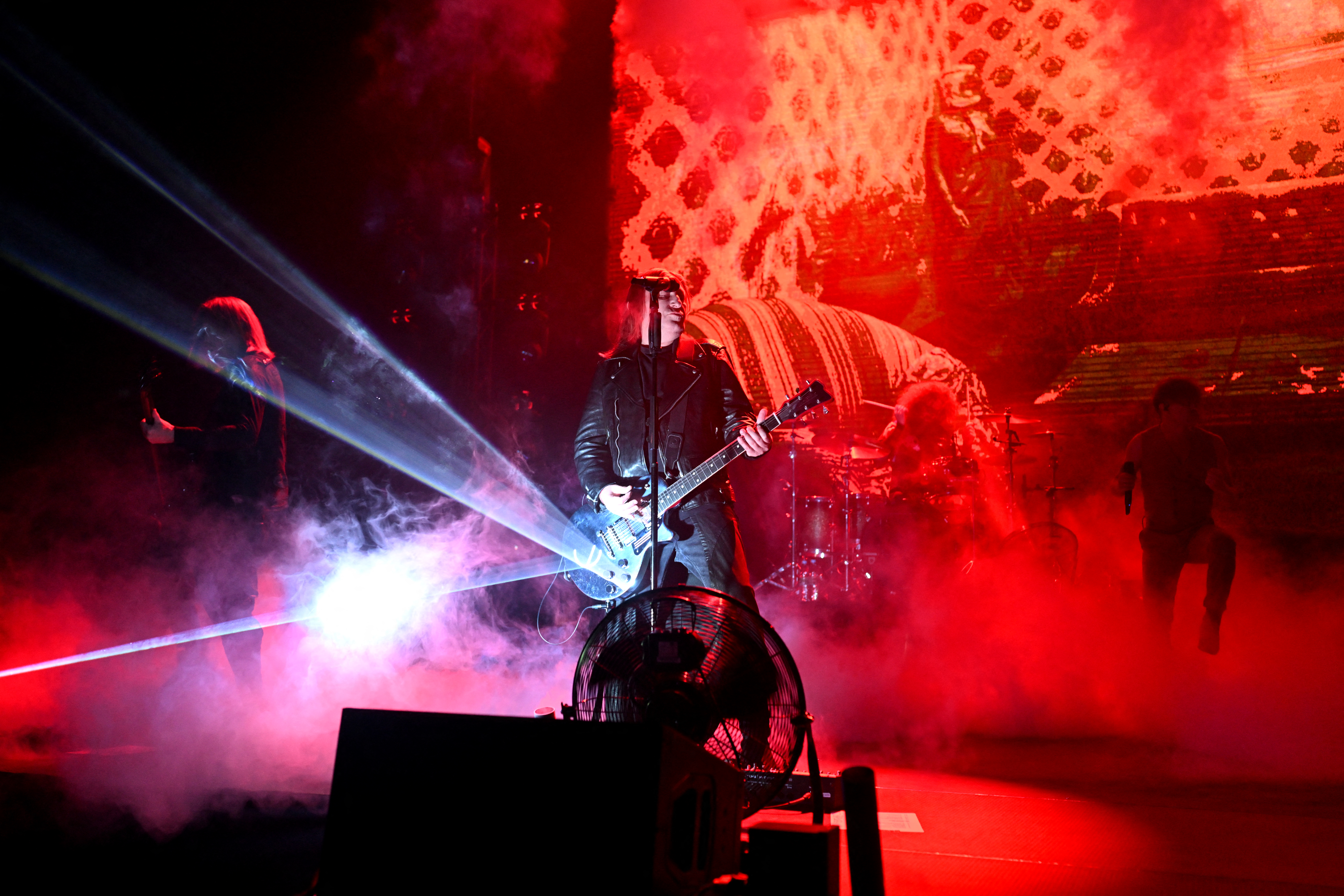Dissident Russian band held briefly, back on tour
WARSAW—A Russian-Belarusian rock band that denounces Moscow’s Ukraine invasion returned to the stage this week, voicing defiance after being detained in Thailand in January and threatened with deportation to Russia.
The band, Bi-2, formed in the 1980s in Belarus when it was part of the Soviet Union, left Russia in protest over the offensive and has been touring ever since in countries with large Russian-speaking communities.
READ: Rock band critical of Putin detained in Thailand, fearful of deportation to Russia
Ahead of a concert in Vilnius on Thursday, band members met with exiled Belarusian opposition leader Svetlana Tikhanovskaya and supporters of late Kremlin critic Alexei Navalny who died in an Arctic prison last month.
“We have become hostages to Russian history,” 51-year-old Egor Bortnik, one of the well-known band’s two founders, told Agence France-Presse (AFP) ahead of another concert in Warsaw on Saturday.
Article continues after this advertisementBut Bortnik, who is better known by his stage name “Lyova,” said he was “not against the war”—“I just want Ukraine to liberate its own territory,” he said.
Article continues after this advertisement“Putin has to gather his orcs and get out of Ukraine,” Bortnik said, using a disparaging term for Russian soldiers frequently used by Ukrainians.
‘Music will win’
The band was held in Phuket, Thailand, in January on immigration charges in a case that has alarmed Russians living abroad who are critical of President Vladimir Putin.
The organizers of their concerts said all the necessary permits had been obtained, but the band was erroneously issued tourist visas. They accused the Russian consulate of waging a campaign to cancel the concerts.
After a week in detention, the band members were released. They then traveled to Israel, where they met with Foreign Minister Israel Katz who said in a statement that the episode showed that “music will win.”
Several of their concerts in Russia were canceled in 2022 after they refused to play at a venue with banners supporting the war in Ukraine.
“I put my prosperity on the line when the war began and I had to leave Russia. It was unexpected, it was not a process we had prepared for,” Bortnik said. —AFP
